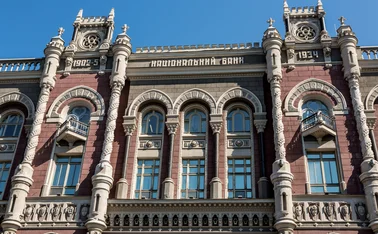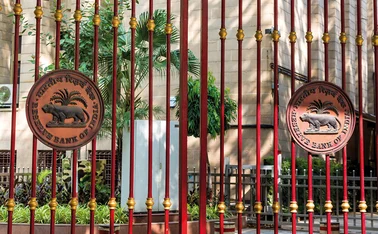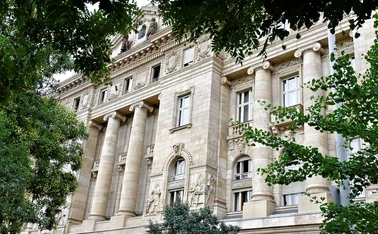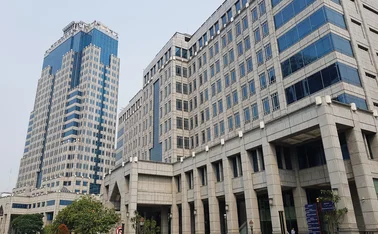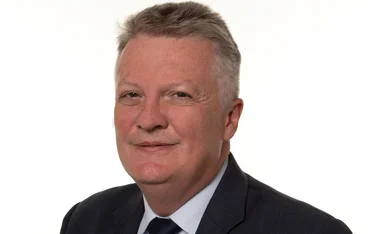
Central Bank of Kenya raises rate and denies FX shortage
New president nominates former governor Ndung’u to become finance minister
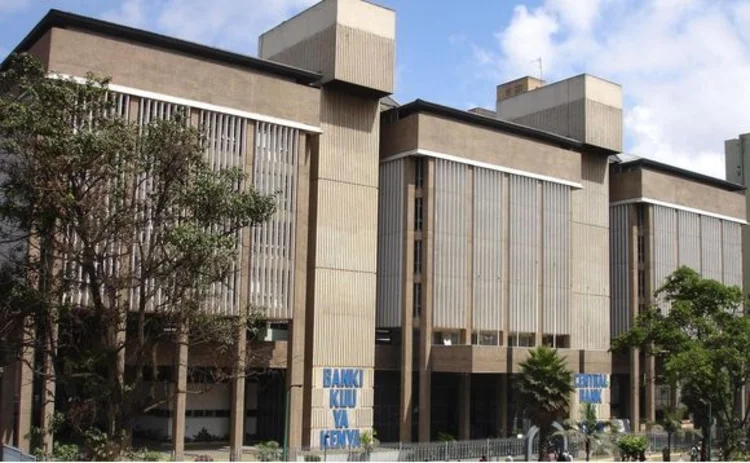
The Central Bank of Kenya’s (CBK) monetary policy committee (MPC) voted to raise its key rate on September 29, in its second hike this year. The central bank later issued a statement denying there was a shortage of foreign exchange, in response to comments by the deputy president.
The MPC raised its benchmark interest rate by 75 basis points, from 7.50% to 8.25%, saying it was “ready to take additional measures, as necessary”.
The hike came two days after the country’s newly elected president named a former central bank governor to serve as the country’s finance minister.
Kenya’s year-on-year inflation has risen for seven consecutive months, reaching 9.2% in September, up from 8.5% in August. Inflation was likely “to remain elevated in the near term”, the MPC said.
This was partly due to the government’s scaling-down of fuel and electricity price support measures, and new taxes, it said, as well as global pressures. The MPC said food inflation was higher than the headline figure, reaching 15.3% in July and August, due to supply chain disruptions.
The country is suffering what observers say is its worst drought in 40 years, while Russia’s invasion of Ukraine has also severely affected world food supply. The MPC said fuel inflation reached 8.6% in August, pushed by rising international oil prices.
Despite the inflationary pressures, the MPC’s statement gave a positive assessment of the country’s economic prospects. Kenya’s economy had continued to grow in the second quarter, and should “remain resilient in the remainder of 2022”, the MPC said.
Former president Uhuru Kenyatta had nominated Patrick Njoroge for his first term as CBK governor in 2015, and for a second term four years later. His second term is due to end in June next year.
The nation’s GDP grew by 7.5% in 2021, according to World Bank estimates, after contracting by 0.3% in 2020. The World Bank estimates that it grew by over 5% in both the years before the onset of the Covid-19 pandemic.
Kenya agreed a package with the International Monetary Fund worth $2.3 billion in April 2021. The IMF agreed to disburse its most recent tranche of $235.6 million after judging in July that the country was meeting its conditions.
FX shortage?
The CBK MPC statement asserted that its reserves “continue to provide adequate cover”. A press release on October 2 denied claims by deputy president Rigathi Gachagua that Kenya lacked foreign exchange to import oil.
Speaking earlier to television station Citizen TV, Gachagua said: “We have insufficient foreign exchange, and the central bank does not have enough foreign currency for importing fuel.”
In the October release, the central bank said that it had 4.64 months’ worth of imports on hand as of September 26. The central bank law requires a four-month minimum, while East African Community rules oblige the central bank to have 4.5 months of reserves on hand. ‘Usable reserves’ come to about 4.2 months, totalling $7.4 billion as of September 29.
“The CBK foreign exchange reserves, therefore, continue to provide adequate cover and a buffer against shocks in the foreign exchange market,” the release concluded.
The central bank also pointed out that it does not supply foreign exchange to private businesses, which obtain currency from commercial banks.
Ex-governor may become finance minister
President William Ruto assumed office on September 13, and nominated Njuguna Ndung’u his choice for finance minister two weeks later. Ndung’u served as CBK governor for two consecutive terms, from March 2007 to March 2015.
Ruto called on Kenya’s parliament to swiftly confirm Ndung’u and his other nominees, saying “we appreciate we have a difficult economic situation on our hands”.
Ndung’u was appointed central bank governor by then president Mwai Kibaki in 2007. Some lawmakers tried to remove him from office in 2012, accusing him of failing to respond adequately to a currency crisis the previous year.
He then led the central bank in a tightening of monetary policy that saw inflation fall. A former professor of economics at the University of Nairobi, Ndung’u led the African Economic Research Consortium from 2018.
President Ruto said he would cut government borrowing, in line with the conditions set by the IMF.
“Kenya is at high risk of debt distress, and reducing debt vulnerabilities is a central goal of the IMF-supported programme,” the fund said in July. The IMF assessed that the government had generated considerable extra revenues by improving and broadening its tax regime.
Only users who have a paid subscription or are part of a corporate subscription are able to print or copy content.
To access these options, along with all other subscription benefits, please contact info@centralbanking.com or view our subscription options here: http://subscriptions.centralbanking.com/subscribe
You are currently unable to print this content. Please contact info@centralbanking.com to find out more.
You are currently unable to copy this content. Please contact info@centralbanking.com to find out more.
Copyright Infopro Digital Limited. All rights reserved.
You may share this content using our article tools. Printing this content is for the sole use of the Authorised User (named subscriber), as outlined in our terms and conditions - https://www.infopro-insight.com/terms-conditions/insight-subscriptions/
If you would like to purchase additional rights please email info@centralbanking.com
Copyright Infopro Digital Limited. All rights reserved.
You may share this content using our article tools. Copying this content is for the sole use of the Authorised User (named subscriber), as outlined in our terms and conditions - https://www.infopro-insight.com/terms-conditions/insight-subscriptions/
If you would like to purchase additional rights please email info@centralbanking.com
Most read
- ECB says iPhone is currently incompatible with digital euro
- Supervisors grapple with the smaller bank dilemma
- ‘Do I die, or do I survive?’ Officials reflect on Basel III complexity
